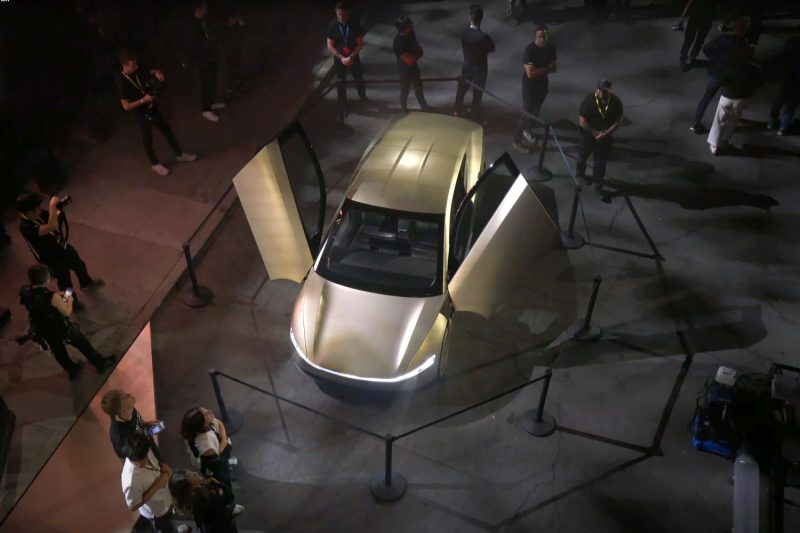In a recent development that has sent shockwaves through the entertainment and tech industries, Elon Musk’s Tesla, Warner Bros. Entertainment, and Discovery are facing a lawsuit over alleged intellectual property theft related to the promotional campaign for CyberCab, a project by Musk’s Boring Company. The lawsuit claims that the promotional materials for CyberCab bore stark similarities to the iconic sci-fi film Blade Runner 2049, raising concerns about copyright infringement and lack of originality in the marketing strategies deployed by the defendants.
The cyberpunk genre has long been a source of inspiration for visionary creators across different mediums, captivating audiences with its blend of futuristic technology, dystopian worlds, and ethical dilemmas. Blade Runner 2049, directed by Denis Villeneuve and produced by Warner Bros., explores complex themes surrounding artificial intelligence, identity, and the impact of technology on society. The visually stunning film has garnered critical acclaim for its unique storytelling and world-building, making it a touchstone for fans of science fiction.
On the other hand, Elon Musk, known for his ambitious projects in the realms of space travel, electric vehicles, and sustainable energy, has been a vocal advocate for innovation and disruptive technologies. The Boring Company, founded by Musk, aims to revolutionize transportation through underground tunnel networks and high-speed transit systems. The CyberCab project, part of the Boring Company’s vision for the future of urban mobility, promises an interconnected network of autonomous electric vehicles that can whisk passengers through tunnels beneath major cities.
The controversy arises from the promotional materials released by Tesla, Warner Bros., and Discovery to generate hype around CyberCab. The lawsuit alleges that these materials featured imagery, music, and narrative elements that closely resembled scenes from Blade Runner 2049, effectively creating an association between the two properties in the minds of the audience. This association, the plaintiffs argue, was misleading and deceptive, as it implied a connection between CyberCab and Blade Runner 2049 that was not officially endorsed or authorized.
As the legal battle unfolds, questions arise about the ethical implications of borrowing from existing works in promotional campaigns. While drawing inspiration from established cultural touchstones can be a powerful tool for engaging audiences and tapping into collective nostalgia, it also raises concerns about originality, artistic integrity, and the boundaries of fair use. In a rapidly evolving media landscape where content is constantly recycled, remixed, and repurposed, the line between homage and plagiarism can blur, leading to conflicts like the one playing out between the parties involved in this lawsuit.
Ultimately, the outcome of this lawsuit could have far-reaching consequences for how companies approach marketing and branding in an increasingly interconnected world. As technology continues to shape our cultural landscapes and redefine our notions of creativity and ownership, the need for clarity, transparency, and respect for intellectual property rights becomes more pressing than ever. The case of CyberCab versus Blade Runner 2049 serves as a cautionary tale for creators and corporations alike, highlighting the importance of ethical practices and responsible storytelling in a digital age where ideas can spread like wildfire.

